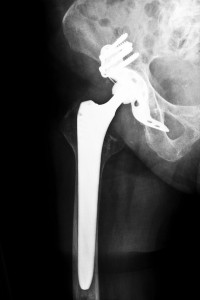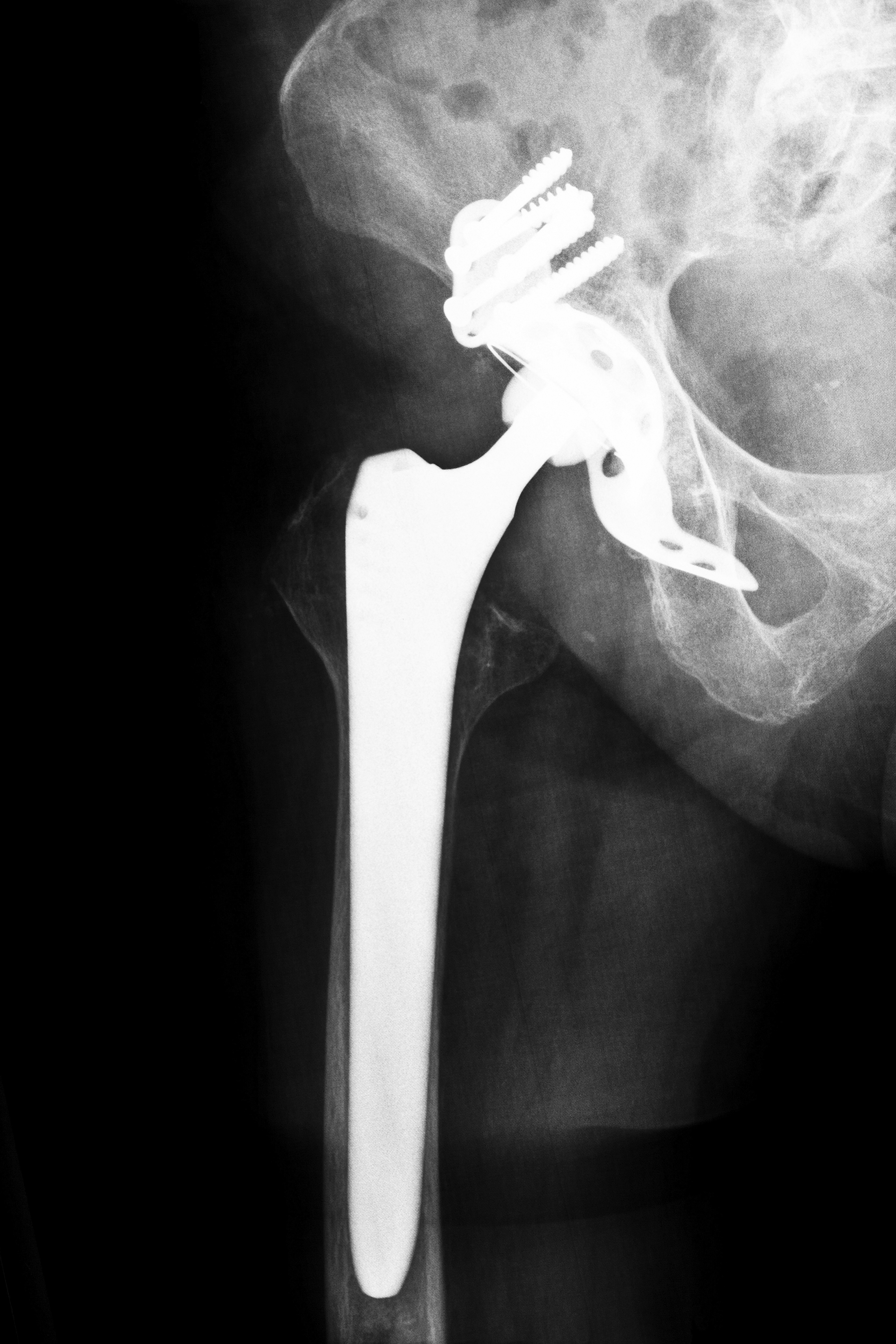 Conversation about a person’s hip replacement can often gravitate toward a discussion of hip recalls and litigation. If a family member or a friend in Oklahoma or some other state has been the recipient of such a device, how can he or she determine whether it has been recalled?
Conversation about a person’s hip replacement can often gravitate toward a discussion of hip recalls and litigation. If a family member or a friend in Oklahoma or some other state has been the recipient of such a device, how can he or she determine whether it has been recalled?
Do You Have a Recalled Hip Replacement?
Fortunately, answering that question may be somewhat simpler than you might imagine. Here’s a step-by-step procedure for identifying the type of hip implant that was received:
Step One – Seek out the orthopedic surgeon that performed the procedure through the clinic or hospital that he/she is associated with. The surgeon will not only be able to identify the precise hip implant used, but he or she will be aware of special needs that a recall may bring on, like increased monitoring for example.
Even if the original surgeon cannot be readily located, the clinic or hospital, in Oklahoma or elsewhere, that you initially went through will usually be able to assist. Another option is to simply ask your personal physician. Hip implant details will likely appear in your electronic health records that your doctor can readily access in most cases.
Step Two – If the device in question has been recalled, more information about such a recalled hip replacement can be found at the website maintained by the United States Food and Drug Administration (FDA). Previous recalls are listed on a web page identified as FDA: Medical Device Recalls. If it turns out that the device is not a recalled hip replacement, the possibility of a future recall can be monitored by signing up for the FDA’s automatic email notifications service. One can also learn more by directly contacting the manufacturer of the device.
Step Three – If it turns out that a recalled hip replacement was implanted, it is possible to learn more about any past litigation that sought compensation for those with allegedly defective devices. Manufacturers like Stryker and Biomet have either settled past claims or are in the process of settling certain legal claims. In some instances, patients in Oklahoma or other states have already been compensated for things like unpaid medical expenses, pain and suffering and lost wages. Each situation is determined on an individual basis, which is why it is important to contact Attorney Group for Oklahoma to learn more about your options in your particular situation.
Why Might a Hip Implant be Termed Defective?
First of all, a recalled hip replacement may cause a patient problems, but a non-recalled device may be problematic as well. There are lawsuits against more hip implants than just those that have been recalled. Excess friction may create walking difficulties, and metal debris may be released into the patient’s body. In other cases, the device may not attach to the hip bone with complete success, and it may grow unstable. This can potentially cause a patient excruciating pain.
Although various manufacturers have used polyethylene, ceramic and/or metal in their hip devices, the so-called metal-on-metal implants have tended to cause greater concerns. Steel alloys were typically employed to form both the ball and the socket in these devices, and the metal-on-metal contact allegedly released metal particles in the body in some cases. Because the steel was fortified through the use of toxic metals like chromium and cobalt, microscopic debris containing such metals allegedly entered surrounding tissue and even the bloodstream. As a result, metal poisoning has been alleged in many lawsuits.
Whether a recalled hip replacement or a non-recalled one is at issue, compensation may be available to those who suffer ill effects from these medical devices. To learn more, please contact us at Attorney Group for Oklahoma. We can help you understand your options, and connect you with an affiliated attorney if you decide to pursue a claim. Contact us today to learn more in a free consultation.






